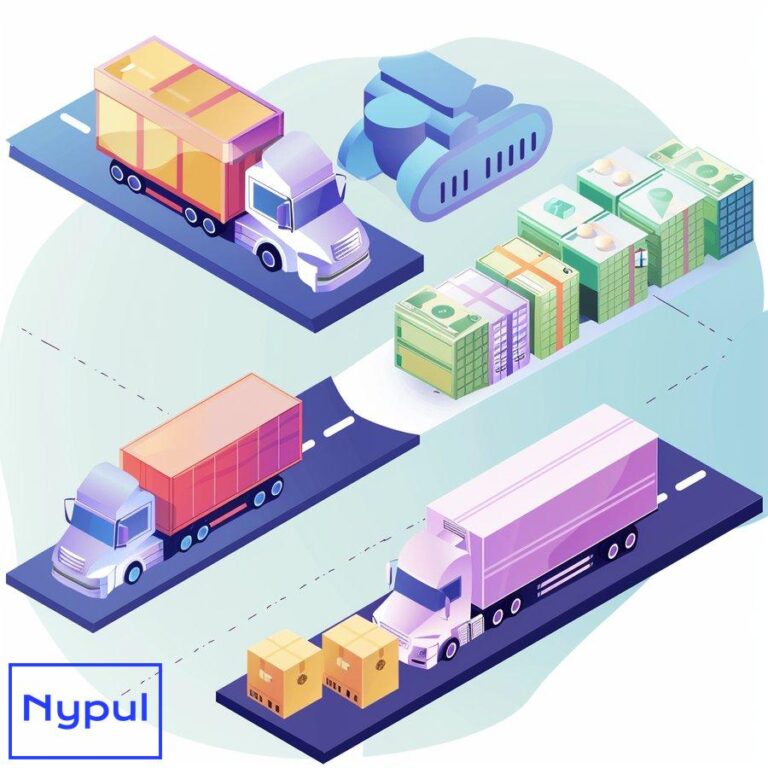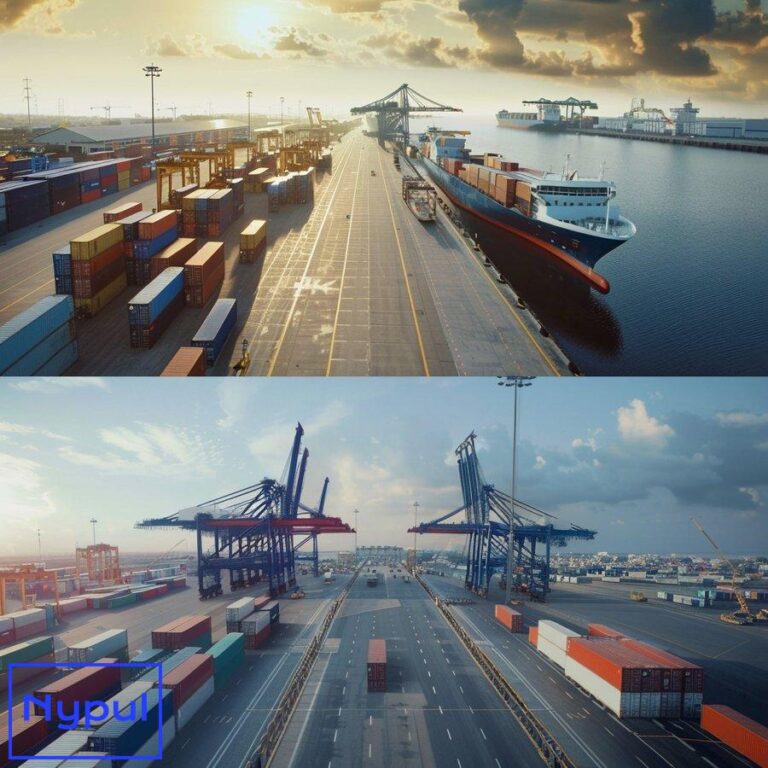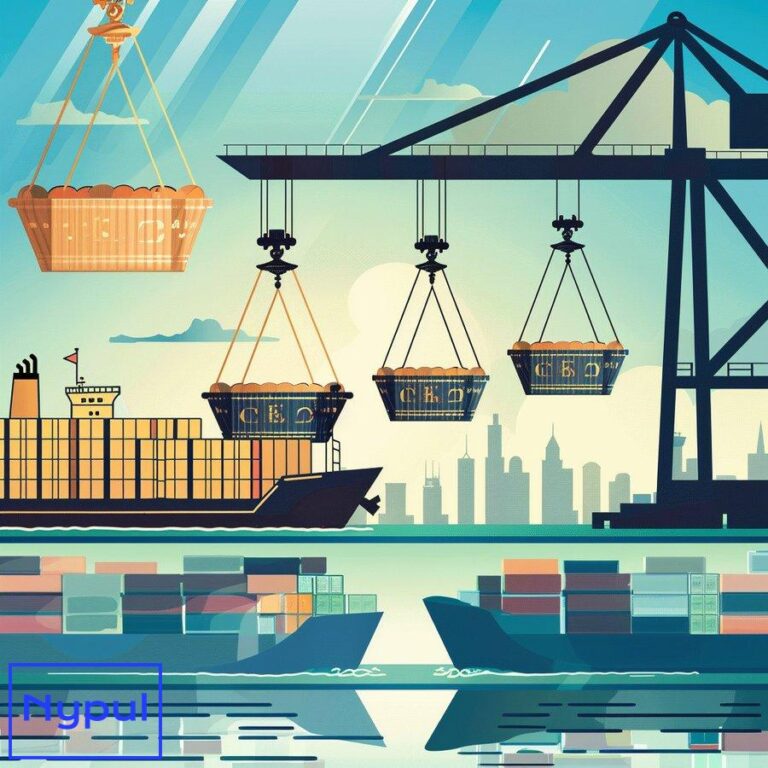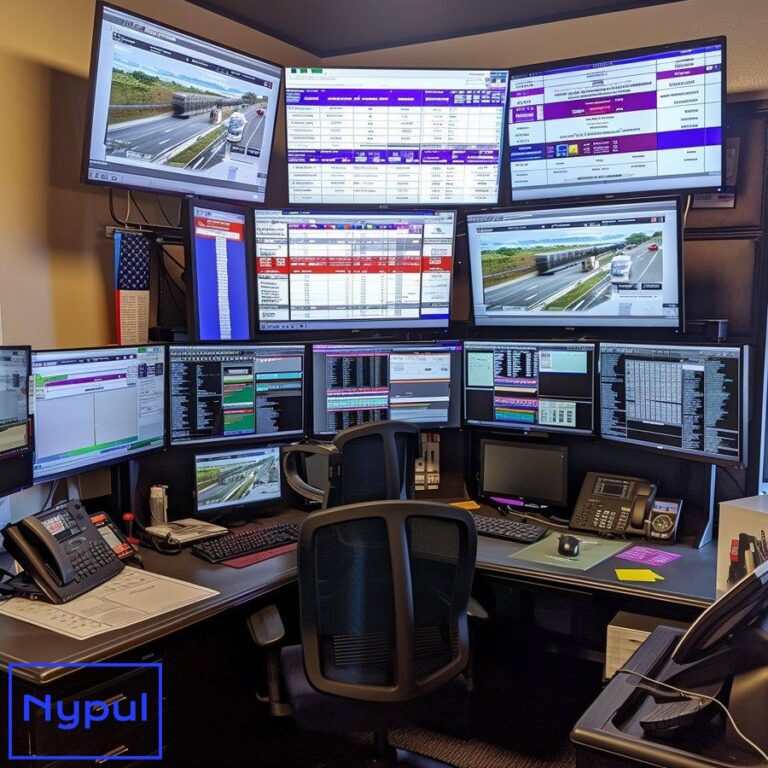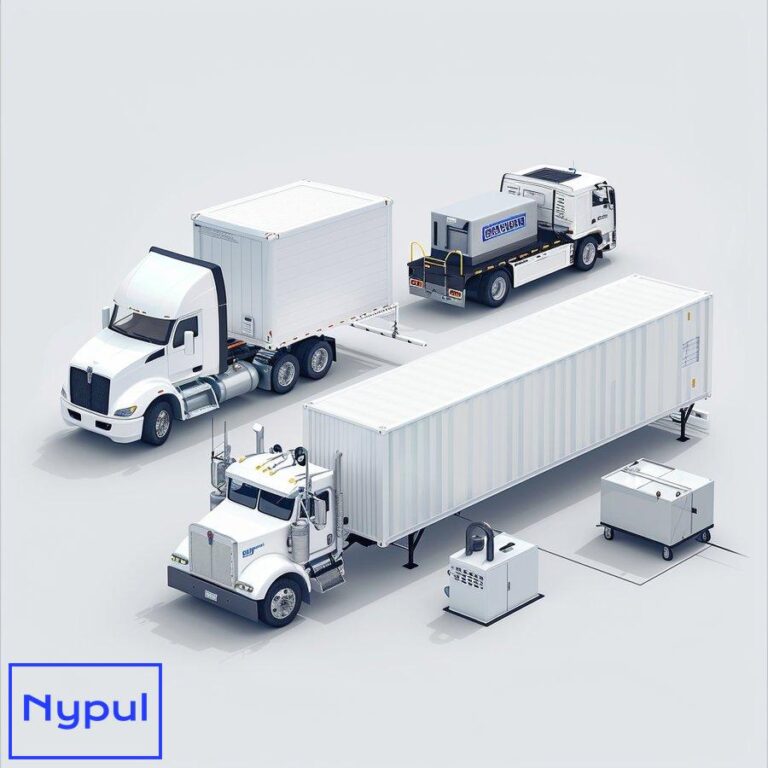What Is the Difference Between Bonded and Nonbonded Freight
The key distinction between bonded and nonbonded freight lies in their customs status and handling procedures. Bonded freight refers to imported goods that have not yet cleared customs or had duties and taxes paid. Nonbonded freight, on the other hand, has already gone through customs clearance and had all applicable fees remitted. Bonded freight remains…
